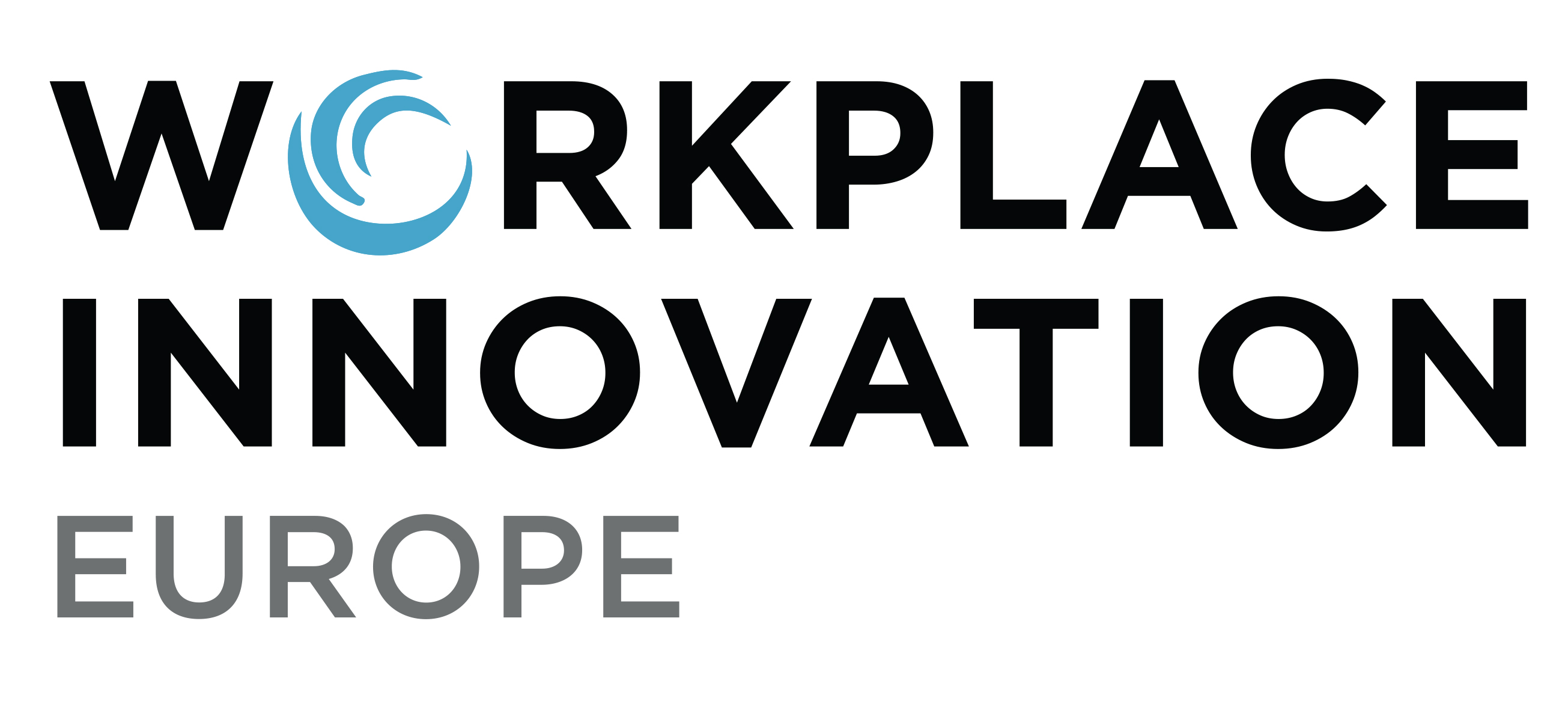Are you putting protectors in place to help you get through the challenges you face?

Natalie Wilkie
Organisational Development Specialist
I have been exploring the concepts of protectors which is something I have worked with for a long while although have started to use it more formally with my clients.
Quite often work is used as a “protector” by many people. What do I mean by a protector? A protector is a part of you that will be protecting you from your feelings, mainly painful feelings and past traumas (often in the process stopping the good feelings too). This part of you is trying to help you. It is likely to develop very young but finds different ways as you grow to protect you from those more difficult parts of yourself.
All of us have them and usually more than one – many. They can range from binge watching Netflix, social media overuse to others such as alcohol, drugs, and eating disorders. They can sometimes seem to be healthy and helpful until they tip into excess like exercise, organising things and excessive social activities. They are any part of us that we employ to take us away from bad feelings.
The difficulty is when the “protectors” prevent us from getting to our feelings. At work we might often hear people talk about how busy they are. I believe that often we might create the “busy-ness” or take on a busy job or project unconsciously in order to prevent us from being in touch with the more difficult parts of ourselves.
What can you do?
The first part is to acknowledge these parts of us and to notice them.
Then begin to take note of when they are excessive and when we need to do something about them.
Then consider the feelings that the protector might be trying to take us away from. This might be difficult and can take a lot of practice. We might need professional support if we find we have a lot of protectors or those that are unhealthy and excessive that we can’t control.
What can you do if you are a leader or colleague of someone who is using unhealthy protectors?
At work you might have noticed certain employee’s protectors increasing in some way – someone who might have a glass of wine each night is now having a bottle and is coming in hung over each day. A person might suddenly be losing a lot of weight. Someone is needing to control situations more than usual.
In work, as managers or leaders, we can provide a space for people to feel allowed and supported to have feelings. To be able to share them in a safe environment with no judgement. Do we want people to feel they have to lock things away during the work day? Even if that was possible all the time it is unlikely to breed a healthy open work environment.
Regular check-ins in team meetings to ask how each person is feeling and why (briefly) before you move onto the projects or matters at hand.
Weekly (or more) one-to-ones focused on checking in on how someone is, even when they seem fine, allowing time to put work to one side to support each other’s wellbeing.
Finding additional support if necessary for ourselves or others.
Ultimately many of us have these difficult feelings in the background, particularly during these difficult times and we need to find a way to connect into those safely in a supportive environment. Providing some of that at work can go a long way to helping your staff’s wellbeing and allowing them to thrive.



